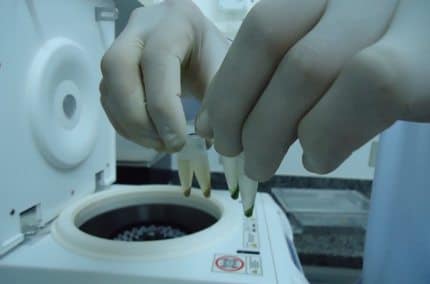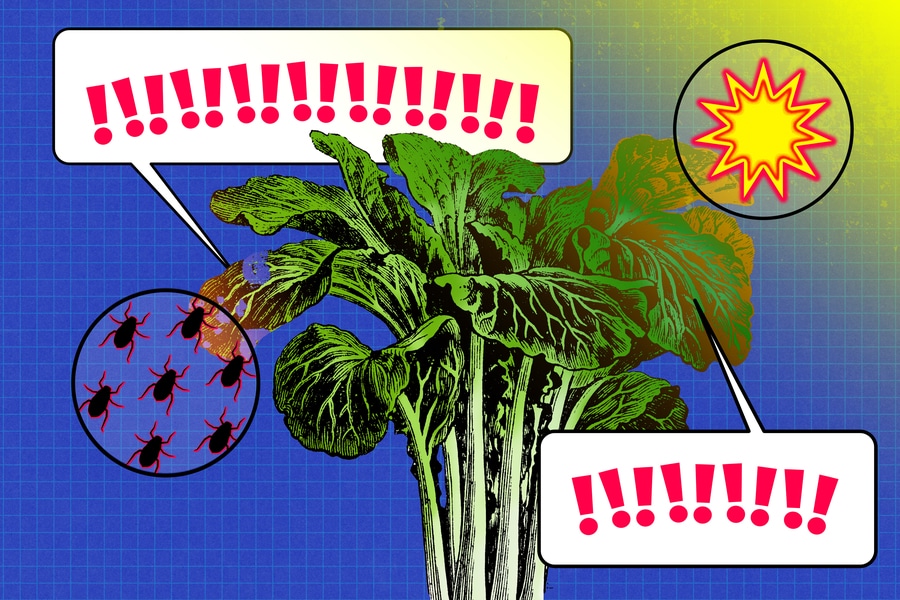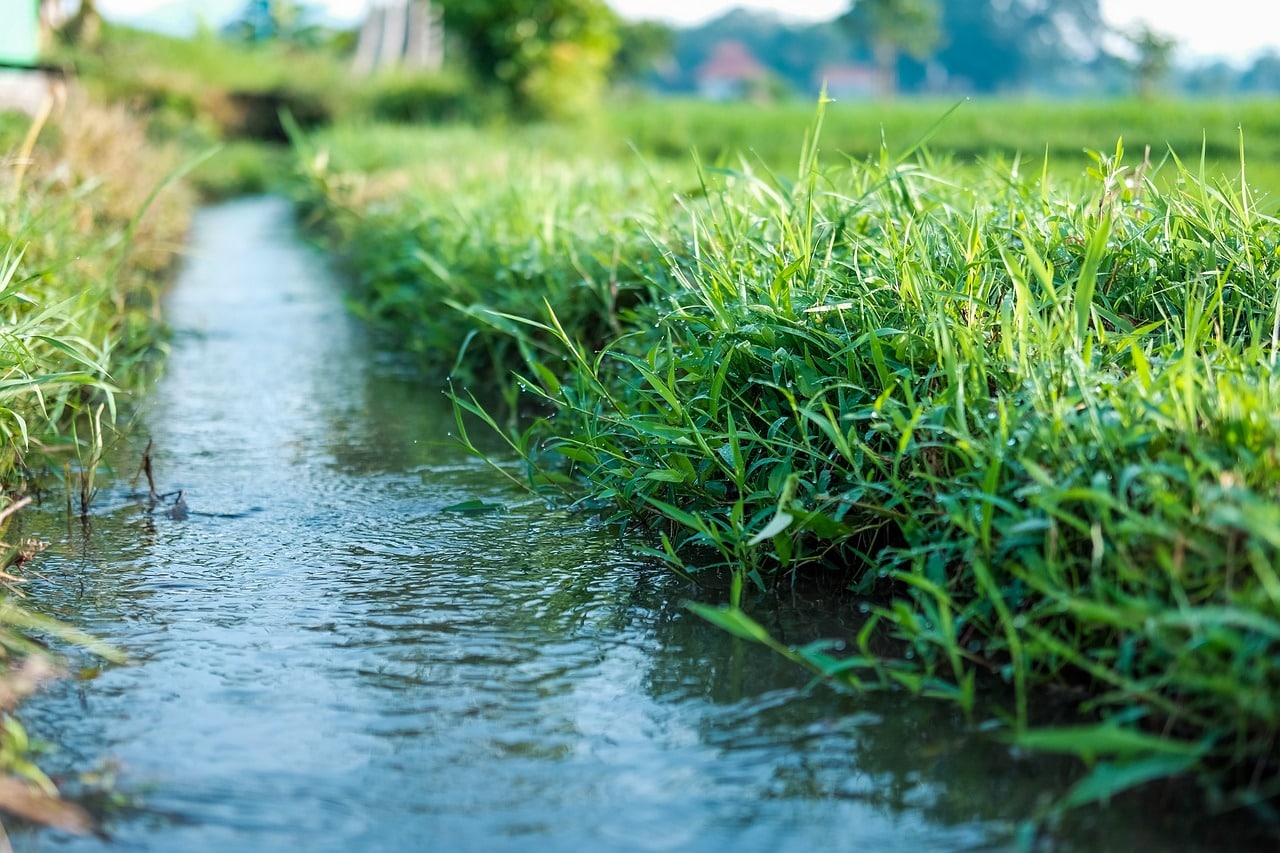Just as humans and animals sometimes need medicine to feel well or perform better, so do plants. Such treatments can lend protection from conditions such as high temperature or lack of water.
Scientists at the State University of Paraíba in Brazil found that salicylic acid — also used to make aspirin — helps the cowpea be more drought tolerant. They focused on germination and early growth.
In Brazil, the cowpea a main source of protein for many people. Americans might know the cowpea as the black-eyed pea.
“Salicylic acid acts on responses in plants when exposed to stress condition,” explains researchers Alberto Soares de Melo and Wellison Filgueiras Dutra. “These responses are associated with increased efficiency of enzymes plants use to deal with stress. The acid has the ability to act on plant growth and development.”
The acid helps the plant be more drought tolerant because it improves the plant’s natural mechanisms for dealing with the stress. In particular, it increases the levels of three enzymes, all of which help the plant during a drought.
But sometimes those enzymes alone aren’t enough. The salicylic acid boosts the plant’s own natural protection against drought.
The researchers used six different types of cowpea, finding that not all of them respond the same. It helped some overcome drought more than others. Soares de Melo says this will allow them to be more selective about which kinds of cowpea are planted.
The seed treatment was done by laying seeds on paper moistened with water and the acid. From contact with the wet paper, the water and acid enter the seeds. They also used different amounts of the acid and water to find the best combination.
“The application of this acid is a simple and cheap treatment for increasing water stress tolerance in cowpea, a crop of great value in north and northeast Brazil,” Soares de Melo says. “The increase of tolerance allows them to grow in areas with greater water irregularity.”
He adds that the next step in this work will be field research so they can determine exactly how much water the treatment helps save. An ultimate goal of their research is to expand the area of cultivation for the cowpea, especially to areas with limited water.
“These results support a step forward for new research on the role and route of action of the acid,” he explains. “The acid could minimize production and productivity losses of cowpea, and other crops, when cultivated under conditions of low or irregular rainfall, such as the Brazilian Northeast.”
Read more about this work in Agronomy Journal. This research was supported by National Council for Scientific and Technological Development (CNPq) and Coordination for the Improvement of Higher Education Personnel (CAPES).













